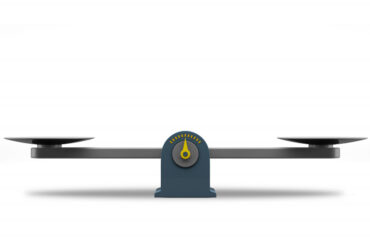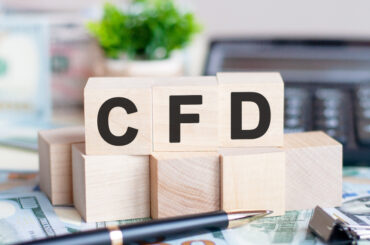A company or individual is referred to as a market maker if they are actively quote two-sided markets for certain security by giving asks and bids as well as the market size for each. Market makers contribute liquidity and depth to markets and make money on the spread between bid and ask prices. They could also execute main trades, or trades for their own accounts.
Market makers “create the market,” as the name implies. In other words, by making securities easy to purchase and sell, they increase market liquidity. The market becomes more liquid as a result. Most significantly, it makes other trades go more easily. Without market makers, deals would be difficult to execute since the market would be relatively illiquid. Typically, a large bank or institution acts as a market maker. They offer to both buy and sell securities, which promotes market liquidity. There are some aspects regarding market makers that you should know as an investor. What they do, why it matters to the market, and how they use supply and demand are described below.
The Process of Market Makers

Market makers operate and compete with one another on securities exchanges to win investors’ business by establishing the most aggressive bid and ask prices. Exchanges like the NYSE occasionally employ a specialist system in which a specialist serves as the single market maker and executes all visible-to-the-market bids and asks. To guarantee that all marketable exchanges are completed promptly and at a fair price, a specialized process is used.
The categories of market-making enterprises are as follows:
Retail Market Makers

Market makers are used by retail brokerage firms to maintain stock liquidity. They maintain the order flow and increase price efficiency for small-scale traders. The bid-ask spread allows them to make money, and even commission-free deals provide them with a brokerage cut.
Institutional Market Makers

Institutional market makers are those who handle huge block orders for mutual funds. For insurance, investment assets, and pension funds, they keep capital inventories.
Wholesalers

Wholesale market makers employ order flow structures and concentrate on high-volume pools. They deal in securities for both broker-dealers and institutional clients. These market makers use high-frequency trading algorithms to produce optimised bundle orders.
Why Are Market Makers Important?

In order for other trades to take place, market makers ensure that the market remains liquid. Additionally, they can easily “make the market,” or purchase or sell at a price that is publicly published and increase market liquidity. Market makers consider supply and demand to be significant as well. This happens as a result of price updates made by market makers to account for shifting supply and demand. It’s important to remember that market makers must constantly adjust their buying and selling prices to match supply and demand in the market.
How Do Market Makers Make Money?

Because they may witness a fall in a security’s value after buying it from a seller but before selling it to a buyer, market makers are paid for the risk of keeping assets. They therefore frequently charge the aforementioned spread on each security they cover. Market makers are required to abide by the bylaws of a specific exchange, which have been approved by the nation’s securities authority, such as the Securities and Exchange Commission (SEC). The rights and obligations of market makers differ depending on the exchange and the type of financial asset they trade, such as stocks or options.
How Does Market Makers Act?
A market maker participates in the securities market by facilitating investor trading and increasing market liquidity. Along with the market value of a given investment, they also expressly provide bids and offers. Typically, market makers are employed by huge brokerage firms that generate money from the spread between the bid and ask prices.
Conclusion
Without a doubt, the market maker job has significance for the financial markets and exchanges even though it is quite technical in nature. Even if we typically do not consider the significance of their liquidity role, market makers have always been one of the most crucial components of every financial market. These participants are responsible for maintaining fair prices for various assets at all times and making sure that supply meets demand. Otherwise, when big-volume orders are executed, trading large volumes would not be possible without experiencing significant delays.





